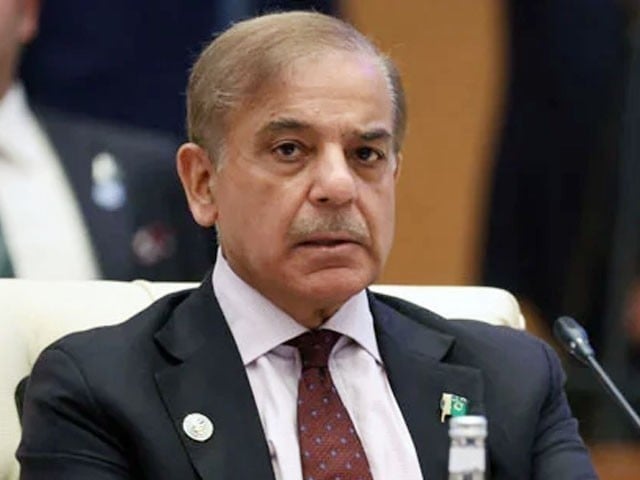Editorial
Prime Minister Shehbaz Sharif has mandated third-party validation for all development projects over 2 billion rupees, with a focus on electronic procurement, e-acquisition, and disposal systems. This move has drawn parallels to the 2010 third-party audit on rental power projects (RPPs). Back then, at the behest of the former finance minister Shaukat Tarin, the Asian Development Bank conducted a comprehensive audit that uncovered numerous inadequacies in the RPPs setup.
The upcoming third-party audit should be carried out by neutral, unbiased assessors possessing the necessary technical expertise in the relevant sectors. It is imperative that auditors can offer a thorough evaluation for the benefit of taxpayers. Additionally, it’s crucial to note that the declining public sector development program budgets have raised concerns, with analysts arguing that the budgets are artificially inflated to showcase the government’s commitment to development and then subsequently slashed to minimize deficits, especially during IMF programs.
Pl, subscribe to the YouTube channel of republicpolicy.com
With the imminent approval of the 24th IMF program being crucial to avoiding default, the delay in securing funding from bilaterals and the recent announcement by PML-N supremo about subsidizing electricity will impact the annual development program budget. The announced subsidy is projected to reduce the budgeted 797 billion rupees ADP by 45 billion rupees, potentially affecting growth and employment opportunities in Punjab.
The increase in Punjab’s ADP this year, compared to the previous fiscal year, has raised concerns about potential budget cuts in critical sectors like social and physical infrastructure. It’s important to recognize that while such decisions may offer short-term benefits, they come at a cost to the provincial treasury and may impact the conditions of future program loans. As a result, these decisions may ultimately lead to higher taxes to cover the shortfalls unless efforts are made to reduce current non-development expenditures.




















